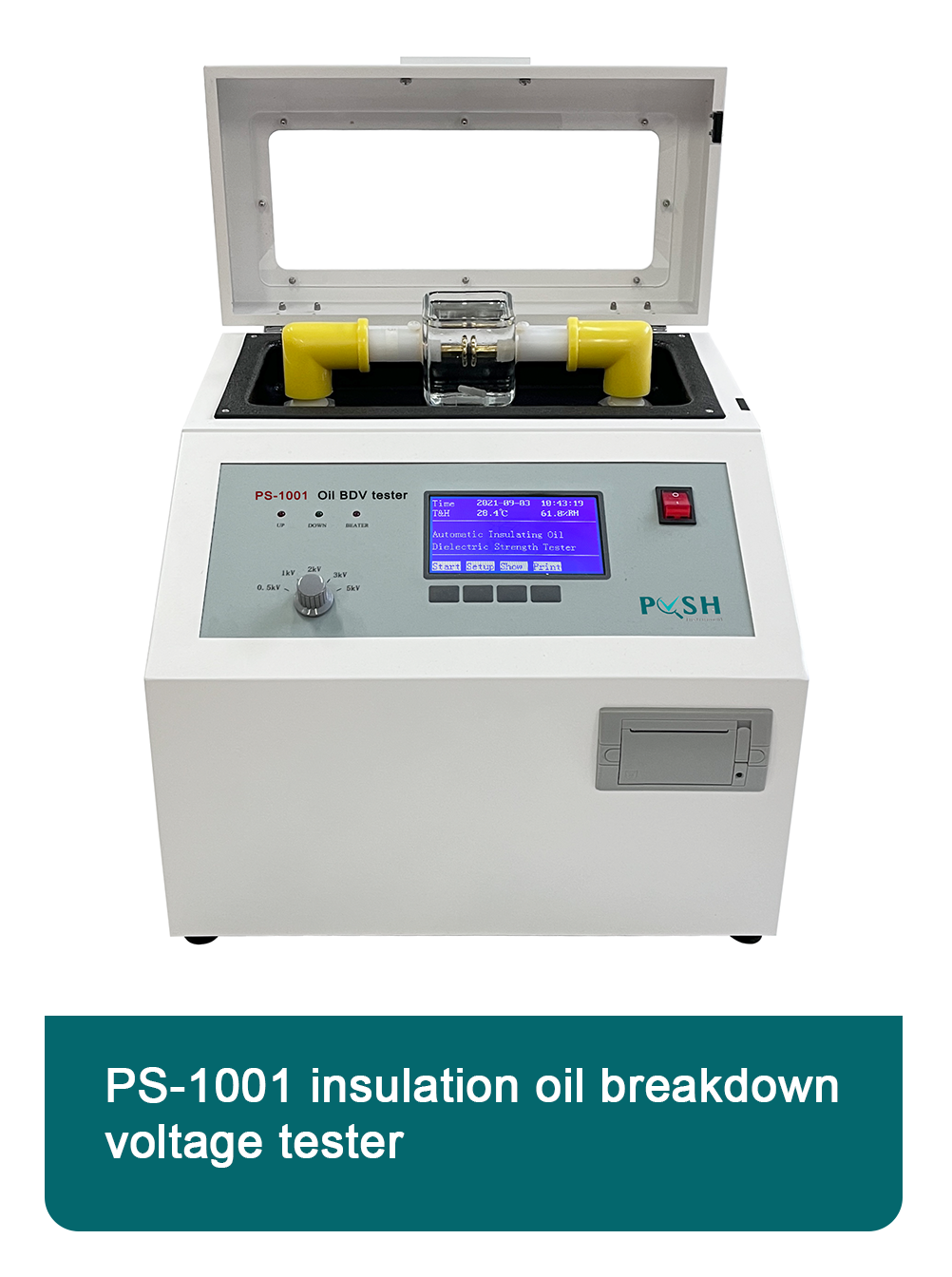 English
English



-
 Afrikaans
Afrikaans -
 Albanian
Albanian -
 Amharic
Amharic -
 Arabic
Arabic -
 Armenian
Armenian -
 Azerbaijani
Azerbaijani -
 Basque
Basque -
 Belarusian
Belarusian -
 Bengali
Bengali -
 Bosnian
Bosnian -
 Bulgarian
Bulgarian -
 Catalan
Catalan -
 Cebuano
Cebuano -
 China
China -
 China (Taiwan)
China (Taiwan) -
 Corsican
Corsican -
 Croatian
Croatian -
 Czech
Czech -
 Danish
Danish -
 Dutch
Dutch -
 English
English -
 Esperanto
Esperanto -
 Estonian
Estonian -
 Finnish
Finnish -
 French
French -
 Frisian
Frisian -
 Galician
Galician -
 Georgian
Georgian -
 German
German -
 Greek
Greek -
 Gujarati
Gujarati -
 Haitian Creole
Haitian Creole -
 hausa
hausa -
 hawaiian
hawaiian -
 Hebrew
Hebrew -
 Hindi
Hindi -
 Miao
Miao -
 Hungarian
Hungarian -
 Icelandic
Icelandic -
 igbo
igbo -
 Indonesian
Indonesian -
 irish
irish -
 Italian
Italian -
 Japanese
Japanese -
 Javanese
Javanese -
 Kannada
Kannada -
 kazakh
kazakh -
 Khmer
Khmer -
 Rwandese
Rwandese -
 Korean
Korean -
 Kurdish
Kurdish -
 Kyrgyz
Kyrgyz -
 Lao
Lao -
 Latin
Latin -
 Latvian
Latvian -
 Lithuanian
Lithuanian -
 Luxembourgish
Luxembourgish -
 Macedonian
Macedonian -
 Malgashi
Malgashi -
 Malay
Malay -
 Malayalam
Malayalam -
 Maltese
Maltese -
 Maori
Maori -
 Marathi
Marathi -
 Mongolian
Mongolian -
 Myanmar
Myanmar -
 Nepali
Nepali -
 Norwegian
Norwegian -
 Norwegian
Norwegian -
 Occitan
Occitan -
 Pashto
Pashto -
 Persian
Persian -
 Polish
Polish -
 Portuguese
Portuguese -
 Punjabi
Punjabi -
 Romanian
Romanian -
 Russian
Russian -
 Samoan
Samoan -
 Scottish Gaelic
Scottish Gaelic -
 Serbian
Serbian -
 Sesotho
Sesotho -
 Shona
Shona -
 Sindhi
Sindhi -
 Sinhala
Sinhala -
 Slovak
Slovak -
 Slovenian
Slovenian -
 Somali
Somali -
 Spanish
Spanish -
 Sundanese
Sundanese -
 Swahili
Swahili -
 Swedish
Swedish -
 Tagalog
Tagalog -
 Tajik
Tajik -
 Tamil
Tamil -
 Tatar
Tatar -
 Telugu
Telugu -
 Thai
Thai -
 Turkish
Turkish -
 Turkmen
Turkmen -
 Ukrainian
Ukrainian -
 Urdu
Urdu -
 Uighur
Uighur -
 Uzbek
Uzbek -
 Vietnamese
Vietnamese -
 Welsh
Welsh -
 Bantu
Bantu -
 Yiddish
Yiddish -
 Yoruba
Yoruba -
 Zulu
Zulu
dielectric strength of transformer
Dielectric Strength of Transformers An Overview
Dielectric strength is a critical property of insulating materials used in electrical equipment, especially transformers. It refers to the maximum electric field strength that a material can withstand without experiencing failure or breakdown. This property is crucial for ensuring the reliability and longevity of transformers, which play a vital role in power transmission and distribution systems.
Understanding Dielectric Strength
Dielectric strength is typically measured in volts per millimeter (V/mm) or kilovolts per millimeter (kV/mm). It is an indication of how much voltage an insulating material can handle before it begins to conduct electricity, leading to a breakdown. For transformers, which often operate under high voltage conditions, the dielectric strength of the insulating oil and solid insulation (such as paper and various polymer materials) is of paramount importance.
Importance in Transformers
Transformers serve to step up or step down voltage levels in electrical systems, and they operate under varying conditions of voltage and temperature. The dielectric strength of insulation materials directly influences a transformer's ability to handle high voltages without experiencing catastrophic failure. If the dielectric strength is insufficient, electrical arcing can occur, leading to insulation breakdown, overheating, and ultimately, transformer failure.
Factors Affecting Dielectric Strength
Several factors impact the dielectric strength of transformer insulation
dielectric strength of transformer

1. Material Composition Different insulating materials possess varying dielectric strengths. For instance, transformer oil is specifically formulated to have a high dielectric strength, which typically ranges from 30 to 50 kV/mm depending on the specific formulation and condition of the oil. Solid insulation materials, such as cellulose (used in transformer paper), also play a critical role in maintaining high dielectric strength.
2. Temperature Temperature fluctuations can significantly affect the dielectric strength. As temperature increases, the dielectric strength generally decreases. This decrease is due to the increased molecular movement allowing for easier formation of conductive paths.
3. Moisture Content The presence of moisture in insulating materials can severely compromise their dielectric strength. Water can facilitate electrical conduction, reducing the effectiveness of the insulation. Therefore, maintaining low moisture levels within transformers is crucial for preserving dielectric integrity.
4. Impurities The presence of impurities in insulating oil (such as particulates or dissolved gases) can negatively influence dielectric strength. These impurities can create localized conductive paths, increasing the risk of dielectric breakdown.
Testing Dielectric Strength
To ensure the reliability of transformers, regular testing of dielectric strength is necessary. Tests such as the ASTM D877 or ASTM D1816 analyzing transformer oil are commonly performed. These tests assess the insulating properties of the oil to determine its suitability for continued use. Additionally, visual inspection of solid insulation materials, along with routine electrical testing, can help identify potential weaknesses before they lead to failure.
Conclusion
The dielectric strength of transformers is a crucial factor that underpins the safety and efficiency of electrical power grids. Understanding the factors that affect dielectric strength and implementing regular testing protocols can help prevent failures and extend the life of transformers. As modern electrical systems continue to evolve and demand higher efficiency, maintaining adequate dielectric properties will be essential to safeguard against electrical breakdown and ensure consistent power delivery. Modern advancements in insulation materials and testing techniques bode well for the future, promising even greater reliability in transformer performance.
-
Testing Equipment Industry Sees Major Advancements in 2025: Smart & Precision Technologies Lead the WayNewsJun.06,2025
-
Applications of Direct Current Generators in Renewable Energy SystemsNewsJun.05,2025
-
Hipot Tester Calibration and Accuracy GuidelinesNewsJun.05,2025
-
Digital Circuit Breaker Analyzer Features and BenefitsNewsJun.05,2025
-
Benefits of Real-Time Power Quality Monitoring Devices for Industrial EfficiencyNewsJun.05,2025
-
Earth Fault Loop Testing in High-Rise Building Electrical SystemsNewsJun.05,2025



